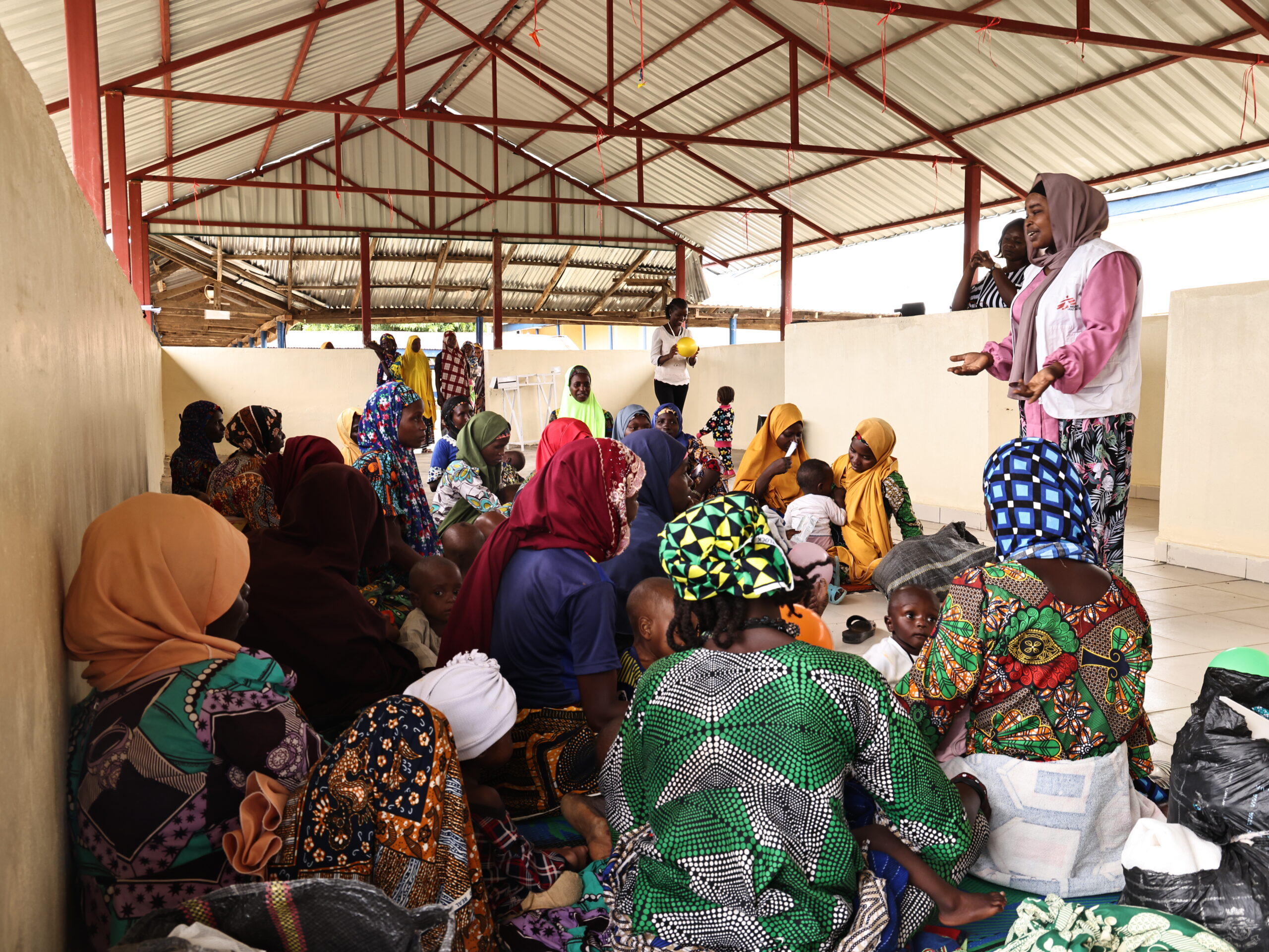Strengthening Mental Health Literacy Enhances Job Well-Being in Palliative Care

Positive mental health literacy (PMeHL) significantly improved job well-being among palliative care nurses, with job crafting acting as a partial mediator in this relationship, according to a study published in BMC Psychology. These results highlight the importance of psychological resources and proactive role adjustments for supporting nurses working in high-stress palliative care settings.
In this cross-sectional study conducted from November 2023 to February 2024, investigators recruited 205 palliative care nurses from China. Participants completed the Positive Mental Health Literacy Scale, the Job Crafting Questionnaire, and the Psychological Well-Being Scale.
The mean age was 32.94±7.59 years (range, 19 to 53 years), 94.6% were women, and 63.4% were married. Approximately 41.0% reported their health status as very good, and 82.9% expressed interest in psychology, though 79.5% accessed psychological knowledge resources fewer than twice per week.
Correlational analyses showed strong associations between PMeHL and job well-being (r =.548, P <.01) and between PMeHL and job crafting (r =.549, P <.01). Job crafting also correlated positively with job well-being (r =.530, P <.01). Hierarchical regression demonstrated that PMeHL explained 31.2% of the variance in job well-being (F =30.439, R² =0.312, P <.001). When job crafting was included, explained variance increased to 37.9% (F =30.489, R² =0.379, P <.001).
Mediation analysis confirmed that job crafting partially mediated the association between PMeHL and job well-being, with an indirect effect of 0.309 (95% CI, 0.146-0.537), representing 30.15% of the total effect. The direct effect of PMeHL on job well-being remained significant (β =0.715, P <.01). Thus, while PMeHL independently supported well-being, approximately one-third of its impact operated through enhanced job crafting.
These results suggest that interventions aimed at boosting nurses’ positive mental health literacy, while simultaneously cultivating job crafting behaviors, may strengthen psychological resilience and mitigate burnout. Notably, self-rated health had a negative influence on both job crafting and well-being, underscoring the interplay between physical health, psychological resources, and occupational outcomes.
“
The significant findings of this study were that job crafting mediates between PMeHL and job well-being, which offers certain theoretical significance and practical value for the research and intervention to reduce nurses’ psychological distress and job burnout within high-stress work environments.
Although limited by its cross-sectional design, single-province sample, and reliance on self-reporting measures, this study is the first to examine PMeHL in palliative care nurses. Future longitudinal research is needed to confirm causality and explore additional moderators, such as organizational support and leadership practices. Nonetheless, the evidence provides practical direction for enhancing well-being in nurses who are routinely exposed to patient suffering and end-of-life care challenges.
“The significant findings of this study were that job crafting mediates between PMeHL and job well-being, which offers certain theoretical significance and practical value for the research and intervention to reduce nurses’ psychological distress and job burnout within high-stress work environments,” explained the authors. “Therefore, it is important to focus on the relationship among these 3 variables and develop targeted strategies to develop the level of PMeHL and job crafting to improve job well-being.”
This article originally appeared on Oncology Nurse Advisor
link






